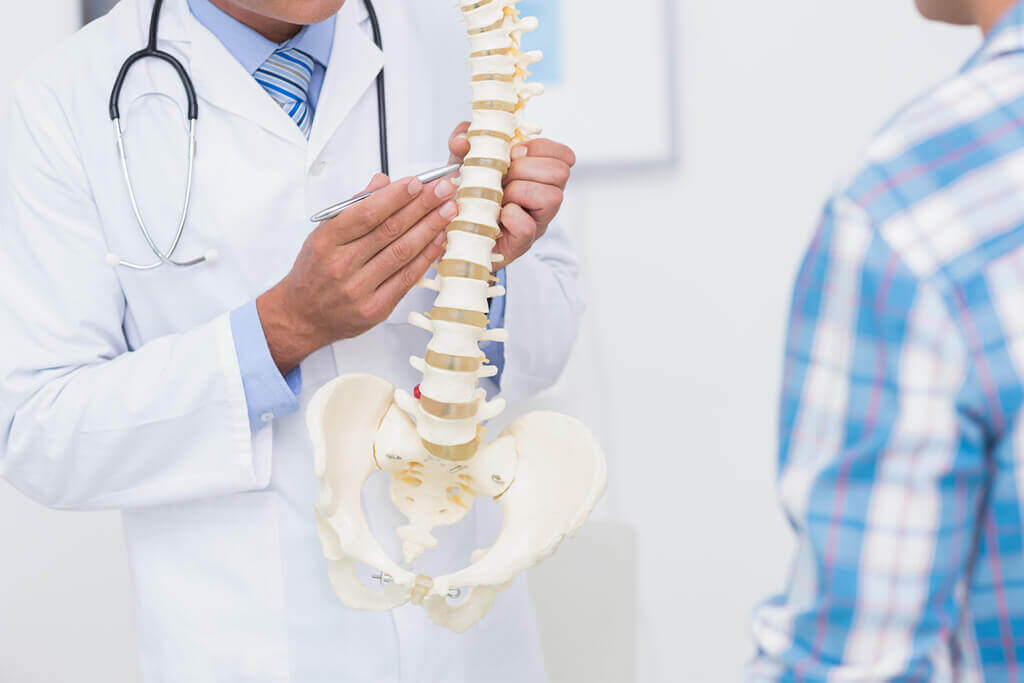Yeast Infection - Vaginal
Introduction
Vaginal yeast infections are common. They most frequently result from the overgrowth of a fungal organism. Common symptoms include itching, irritation, abnormal discharge, and painful urination. Yeast infections are treated with over-the-counter or prescription medications.Anatomy
Causes
Symptoms
Diagnosis
Treatment
Prevention
Am I at Risk
If you use birth control pills or are experiencing menopause, your risk is increased. Yeast infections are common during pregnancy. You may develop a yeast infection after taking certain antibiotics or steroid medications. You may be at risk for yeast infections if you have uncontrolled diabetes, HIV, or AIDS.Complications
In some cases, chronic or recurrent yeast infections may occur. You should contact your doctor if this happens to you. A yeast infection is not classified as a sexually transmitted disease. Although it is not common, a yeast infection can be spread to your partner during sexual activity. Your partner should be treated if symptoms occur.
Copyright © - iHealthSpot Interactive - www.iHealthSpot.com
This information is intended for educational and informational purposes only. It should not be used in place of an individual consultation or examination or replace the advice of your health care professional and should not be relied upon to determine diagnosis or course of treatment.
The iHealthSpot patient education library was written collaboratively by the iHealthSpot editorial team which includes Senior Medical Authors Dr. Mary Car-Blanchard, OTD/OTR/L and Valerie K. Clark, and the following editorial advisors: Steve Meadows, MD, Ernie F. Soto, DDS, Ronald J. Glatzer, MD, Jonathan Rosenberg, MD, Christopher M. Nolte, MD, David Applebaum, MD, Jonathan M. Tarrash, MD, and Paula Soto, RN/BSN. This content complies with the HONcode standard for trustworthy health information. The library commenced development on September 1, 2005 with the latest update/addition on February 16, 2022. For information on iHealthSpot’s other services including medical website design, visit www.iHealthSpot.com.


